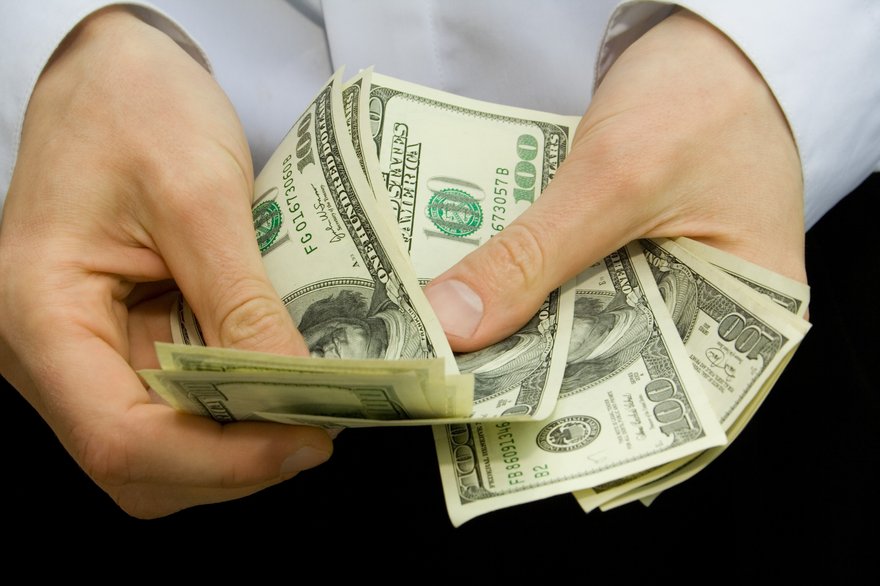What Is Universal Basic Income (UBI)?
Universal Basic Income #UniversalBasicIncome

What if you had a guaranteed source of income, regardless of whether you worked or demonstrated a financial need? That’s the idea of universal basic income (UBI). Universal basic income is a regular stream of payments made unconditionally by the government to the entire population or a large segment of it. In this article, we’ll discuss universal basic income and why the idea has gained traction in recent years.

Source: Getty Images
What is universal basic income?What is universal basic income?
Universal basic income, or UBI, is a recurring income stream made by the government to most (if not all) adult citizens. Unlike many welfare programs, UBI doesn’t require recipients to demonstrate a willingness to work. It’s also not limited to people living in poverty or whose income falls below a certain threshold.
UBI programs generally share the following characteristics:
Various universal basic income programs have been tested in the U.S. and throughout the globe. The world’s largest UBI experiment is currently taking place in Kenya, where 5,000 people in rural villages are receiving an extra $22 a day over a 12-year period. So far, researchers say, recipients have been more likely to receive medical care or start a business and less likely to go hungry.
Many smaller experiments have been conducted or are currently underway in the U.S. For example, the Stockton Economic Empowerment Demonstration gave $500 a month for 24 months to 125 residents of Stockton, Calif. The Baltimore Young Families Success Fund is a pilot program that’s providing 200 parents between the ages of 18 and 24 with $1,000 per month over 24 months.
A brief history of universal basic incomeA brief history of universal basic income
The idea of universal basic income is nothing new. Thomas Paine called for a similar idea in his 1797 pamphlet, “Agrarian Justice.” The Rev. Dr. Martin Luther King Jr. advocated for guaranteed income as a way to fight poverty and achieve economic justice.
But the idea has gained momentum in the past decade or so, particularly in response to fears that millions of jobs will be lost to automation. Long-shot 2020 Democratic presidential hopeful Andrew Yang proposed a “freedom dividend” of $1,000 a month for every adult U.S. citizen.
The COVID-19 pandemic brought more calls for guaranteed income. The federal government provided three separate one-time stimulus checks to most adults in the U.S., though payments phased out at higher income levels. Several prominent politicians advocated for recurring payments that would have been similar to UBI. Senator Bernie Sanders (I-Vermont), for example, called for $2,000 monthly cash payments to “every person in America every month for the duration of the crisis.”
Pros and cons of UBIPros and cons of UBI
UBI programs have been controversial. Here are some of the basic advantages and disadvantages of guaranteed income:
Pros
Cons
Example of universal basic incomeExample of universal basic income
Alaska’s Permanent Fund Dividend (PFD) is an example of a universal basic income program. Since 1982, residents have received a dividend from a fund that the state invests with money from oil royalties. Virtually every Alaskan who has lived in the state for at least a year and intends to remain in Alaska is eligible for a cash payment, usually made around October. In recent years, the dividend has averaged about $2,000; in 2022, the payment was significantly higher at $3,284.
Although critics argue that universal basic income could reduce employment, a 2022 paper in the American Economic Journal: Economic Policy found that the Alaska dividend had no effect on overall employment and even increased part-time employment slightly. One possible explanation is that the payments increase consumption, leading to more demand for labor.
The Motley Fool has a disclosure policy.